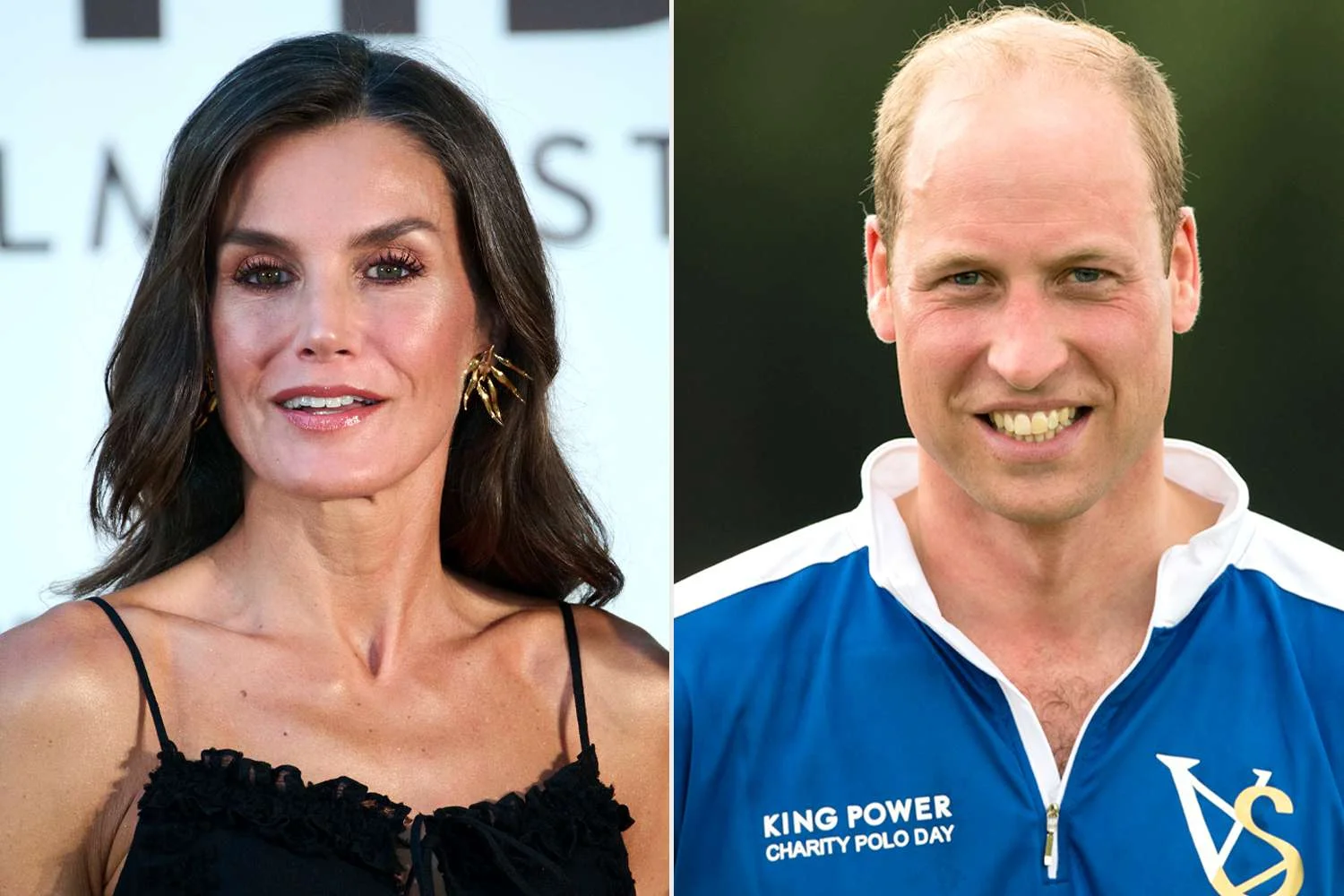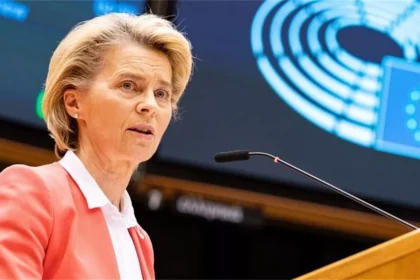Prince William and Kate Middleton, the Prince and Princess of Wales, find themselves at the center of a heated debate as they opt out of attending the Lionesses’ World Cup final match against Spain. Amidst speculation and opinions, the royal couple’s decision to stay home has sparked discussions about their role, environmental concerns, and diplomatic optics.
Kensington Palace has officially declared that Prince William and Kate Middleton will not be in attendance at the highly anticipated Lionesses’ World Cup final match against Spain. This comes as a surprising revelation considering Prince William’s position as the President of the Football Association. The primary reason cited for their absence is the future King’s commitment to minimize long-haul flights for short duties due to environmental considerations and the potential ecological impact.
In stark contrast, the Royal Spanish Football Federation has revealed that the Spanish Queen is embarking on a nearly day-long journey to Sydney to witness the final match. Queen Letizia’s decision to travel such a distance to support her nation’s team has underscored the dedication of the Spanish royal family to national pride and sportsmanship.
A royal commentator has provided insights into the unfolding situation, suggesting that Prince William and Kate Middleton may have inadvertently yielded to pressure by allowing Queen Letizia’s attendance to influence their choice. This perspective has led to further scrutiny of the couple’s decision-making process.
Royal expert Christopher Wilson has been vocal in critiquing Princess Kate’s decision not to attend the match. He subtly indicates that there is still time for her to reconsider and potentially travel to Australia for the crucial August 20 game. Wilson’s comments have ignited discussions about the role and influence of the royal family on global events and perceptions.
Wilson further lauds Queen Letizia’s unwavering support for her nation’s team, characterizing Spain’s choice as an early win in the realm of international optics. He emphasizes that during such moments, diplomatic considerations take a backseat to the visual message conveyed by royal participation.
As England’s team strives to solidify its championship status beyond European borders, the royal family has chosen to watch the match from their residence in the UK. This decision raises questions about the intricate balance between diplomatic protocol, environmental concerns, and the significance of royal presence on the global stage.
The absence of Prince William and Kate Middleton from the Lionesses’ World Cup final against Spain has ignited a complex discourse involving environmental consciousness, diplomatic optics, and national pride. The contrasting choices made by the Spanish Queen and the British royal couple have highlighted the multifaceted role that the monarchy plays in shaping perceptions, both domestically and internationally. As the game approaches, the debate continues, drawing attention to the intricate interplay between royal responsibilities and the larger narrative of global events.




